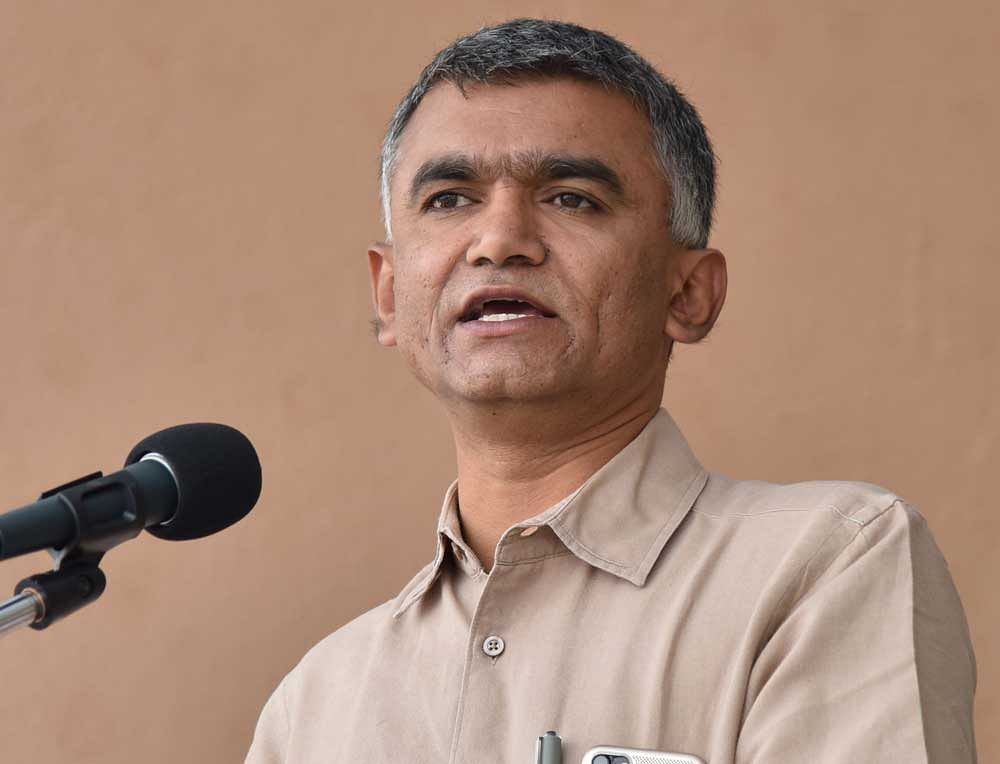
Karnataka has only 1,764 bonded labourers with 21 districts reporting that the crime did not exist anymore, according to the latest action plan the government has drawn up to tackle bonded labour.
The bonded labour survey conducted by the state government shows, as of April 2018, Chikkaballapur having the highest number of these labourers at 923, followed by Tumakuru with 505.
Bengaluru Urban district is shown to have just 18 bonded labourers, who are said to be migrants from Odisha and Chhattisgarh. There are no bonded labourers in Kolar, Mandya, Bagalkot, Davangere, Bidar, Yadgir among other districts, apparently.
This is in stark contrast to an independent prevalence study conducted by the International Justice Mission, a nonprofit, in Bengaluru Urban, Bengaluru Rural and Ramanagara districts. The study found that from an estimated 16.70 lakh labourers in the three districts, 5.58 lakh, or 33.4%, could be bonded labourers. Many were found in bondage in brick kilns, fish farms, plantations, rock quarries, rice mills and tobacco among other industries.
The action plan on bonded labour has been prepared by the Rural Development and Panchayat Raj (RDPR) department, which is designated as the nodal agency to rehabilitate bonded labourers.
“Unless there’s evidence to the contrary, we have to go by the data collected,” RDPR minister Krishna Byre Gowda told DH, when asked about the government’s figures on bonded labourers. “If there’s anything else, we’re open to correction. If there’s information to the contrary, we’ll put our people on the job to cross-check and if there are more cases, they will be included and they will be rehabilitated.”
Lawyer-activist Clifton D’Rozario said Karnataka had done little to understand the prevalence of bonded labour. “There were lessons ought to have been learnt from having rescued bonded labourers in the past. Clearly, there’s a pattern, an organised network that brings people from other states into Karnataka,” he said.
Read also: About 33.4% labourers are bonded, says study
On the enforcement front, the state government filed 18 criminal cases against employers of bonded labour and middlemen in 2016, 11 cases in 2017 and three so far this year.
The action plan document also reiterates 22 recommendations that a committee headed by journalist Sivaji Ganesan submitted to the government in 2015. The recommendations include effective implementation of rehabilitation schemes and the need for a fresh survey, one that can identify cases of ‘bitti chakri’ that is believed to be prevalent in north Karnataka.
